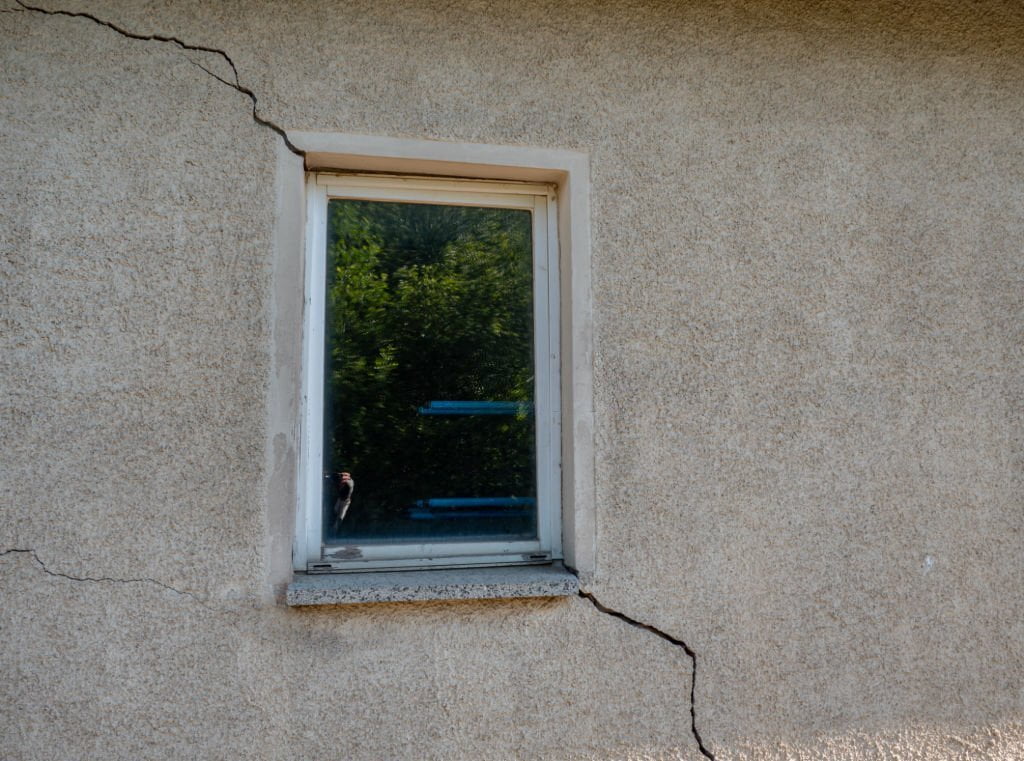Building defects can cause significant headaches and financial burdens for property owners. Whether it’s a crack in the foundation, water leaks, or structural issues, these defects can compromise the integrity, safety, and value of a building. This article explores the concept of building defects and emphasises the importance of addressing them promptly and effectively.
A building defect refers to any imperfection, fault, or problem that affects the structural integrity or functionality of a building. These defects can arise during the construction phase or develop over time due to wear and tear, poor maintenance, or substandard materials. Building defects can occur in various areas, including the foundation, walls, roof, plumbing, electrical systems, or finishes.

Identifying building defects is crucial for property owners as early detection allows for timely repairs and prevents further damage. Common signs of building defects include cracks in walls or ceilings, water stains, uneven floors, dampness or mold growth, electrical malfunctions, and excessive noise or vibration. It is essential for property owners to be vigilant and conduct regular inspections to spot any potential defects.
When building defects are discovered, it is essential to take prompt action to address them. The first step is to notify the responsible parties, such as the builder, contractor, or developer, depending on the stage at which the defect originated. Property owners should document the defects thoroughly, including photographs, written descriptions, and any relevant correspondence.
Resolving building defects often involves engaging building construction lawyers who specialise in this area of law. These legal professionals can provide expert advice and guidance on the rights and options available to property owners. They can assist in assessing the severity of the defects, determining liability, and negotiating with the responsible parties for repairs or compensation.
In some cases, alternative dispute resolution methods such as mediation or arbitration may be utilised to reach a resolution between the parties involved. These methods can be faster and less costly than going to court, allowing property owners to achieve a satisfactory outcome more efficiently.
It is important to note that building defect claims are subject to statutory limitation periods, which vary by jurisdiction. Property owners should be aware of these limitations and seek legal advice promptly to protect their rights. Failure to act within the prescribed timeframes may result in the loss of legal remedies.
To prevent building defects, property owners should also exercise due diligence when engaging contractors and builders. Thoroughly researching and selecting reputable professionals with a track record of quality workmanship and adherence to industry standards can minimise the risk of defects. It is also advisable to have detailed contracts that clearly outline the expected standards, timelines, and dispute-resolution mechanisms.
In conclusion, building defects can have significant implications for property owners, impacting the safety, value, and livability of their buildings. Early detection, documentation, and prompt action are vital in addressing these defects effectively. Seeking legal advice from building construction lawyers can provide property owners with the necessary expertise and guidance to navigate the complexities of resolving building defects. By taking proactive measures and understanding their rights, property owners can protect their investments and ensure their buildings remain structurally sound and functional.
